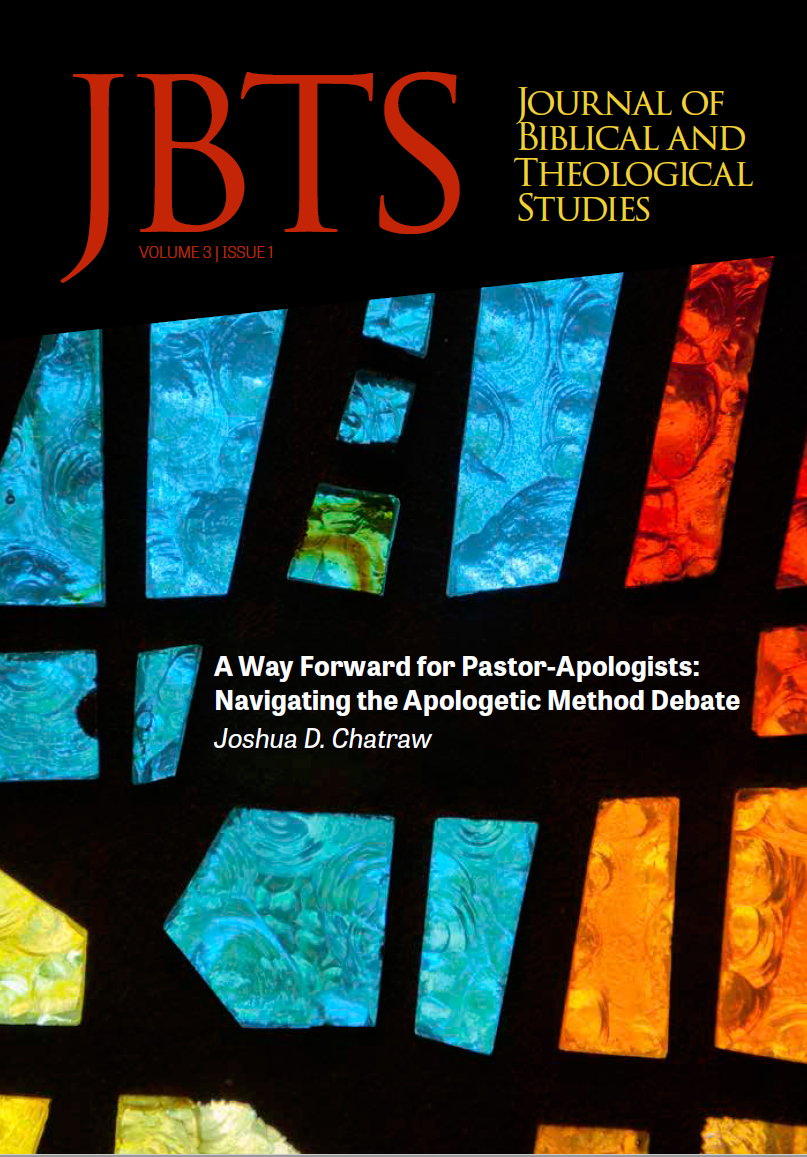A Way Forward for Pastor-Apologists:
Navigating the Apologetic Method Debate
Joshua D. Chatraw
Joshua Chatraw (PhD, Southeastern Baptist Theological Seminary) is Associate Professor of Theology and Apologetics and the Executive Director of The Center for Apologetics and Cultural Engagement at Liberty University.
Introduction
When discussing apologetics with pastors, I routinely hear two types of responses concerning method: frustration and confusion.1 While often having been taught a particular approach that seems logical and fits within their theological tradition, they nevertheless find the approach is too confining. “Real life discussions do not work like that,” they tell me. The systems they learned in seminary classes made sense but in the messiness of ministry they often fall short. Dealing with people who don’t primarily theorize their way through life or who seem to have completely different
operational frameworks, they become either frustrated with their neighbors or dissatisfied with apologetics as they understand it (and often both). Others are simply confused by the various methods, and when they try to delve into the methodological discussions they find some of the disputes akin to theological hair splitting and the polarizing tone uninviting.
In hopes of alleviating some of this confusion and frustration, this article will summarize four apologetic approaches and discuss their potential strengths and weaknesses.




